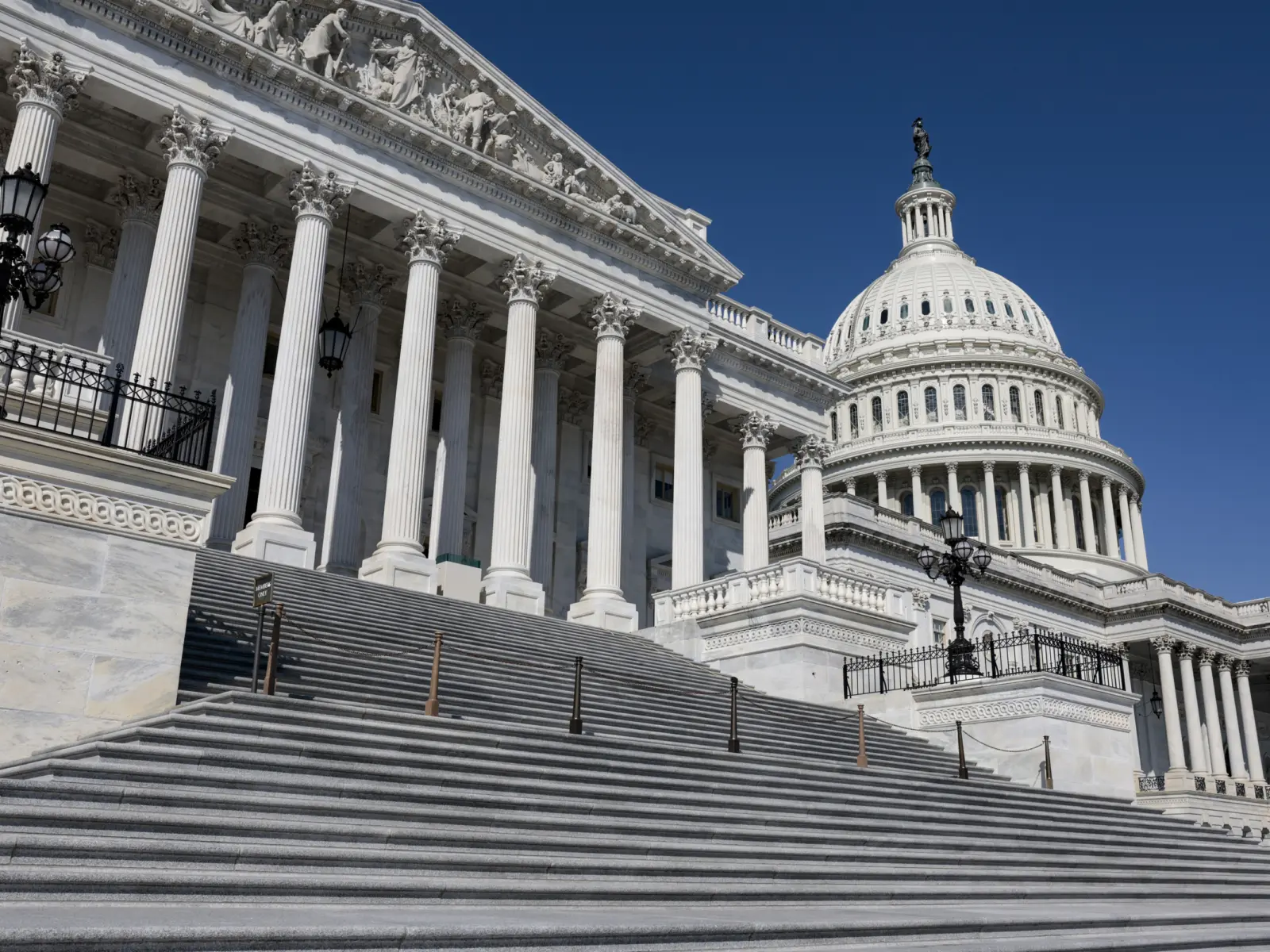Pharmacy Benefit Mangers (PBMs) serve as middlemen in the nation’s prescription drug market – and they also sit at the middle of the national debate over the best way to lower drug spending. PBMs started with the idea of using buying power to reduce drug costs and pass those savings onto consumers. However, consolidation of the PBM industry, including mergers with pharmacies and insurers, have resulted in market incentives that do not always align with a PBM’s primary responsibility to lower drug costs for patients and payers.
While manufacturers of brand-name drugs bear the primary responsibility for unaffordable and rising drug prices, there are several policy solutions that can help realign incentives in the PBM market. More transparency, greater oversight by the Federal Trade Commission, expanding the Medicare and Medicaid inflation penalty to the commercial market to close the gap between list and net prices, and the establishment of fiduciary responsibility for PBMs are all evidence-based policies that will better ensure PBMs are incentivized to serve payers and patients.
Read more about PBMs in Arnold Ventures’ latest policy focus here.
















